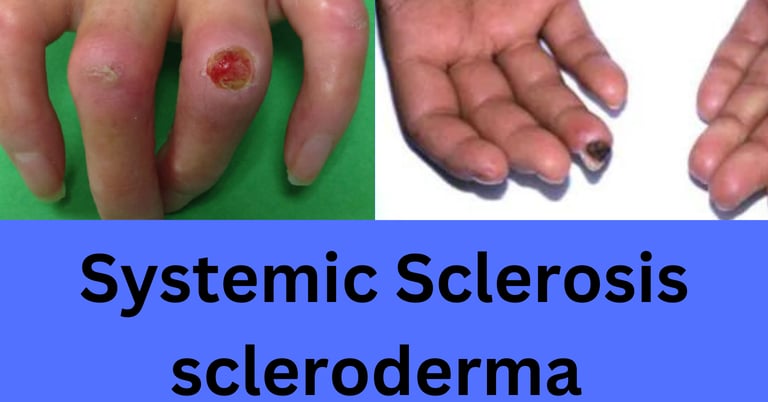PESTICIDES CAN TRIGGER SYSTEMIC SCLEROSIS
Raising Awareness About the Hazards of Pesticides
Dr.SujithKarimbil
10/23/20232 min read


Welcome to SkinDoctorChannel.in, your trusted source for skin health and awareness. Today, we are here to shed light on a crucial topic that affects not only our skin but our overall well-being – the potential hazards of pesticides and their role in triggering systemic sclerosis. Systemic sclerosis is a rare autoimmune disease, and while its exact cause remains unclear, emerging research points to pesticide exposure as a significant risk factor. Let's dive into this important issue and understand why we should all be more aware of the dangers of pesticides.
Understanding Systemic Sclerosis
Systemic sclerosis, often referred to as scleroderma, is an autoimmune disorder that affects the connective tissues in the body. This condition can lead to skin fibrosis, which means the skin becomes thickened and hardened. In severe cases, it can also impact internal organs, potentially causing life-threatening complications. While the precise cause of systemic sclerosis remains unknown, researchers are beginning to uncover connections between environmental factors, such as pesticide exposure, and the development or exacerbation of this disease.
The Link Between Pesticides and Systemic Sclerosis
Emerging research suggests that certain pesticides, including organic solvents and organochlorine compounds, may play a role in the development of systemic sclerosis. The mechanisms are complex, but pesticides can trigger autoimmune responses in genetically susceptible individuals. This, in turn, can lead to the onset of systemic sclerosis. Furthermore, for those who already have the disease, exposure to pesticides can worsen skin fibrosis and exacerbate other symptoms.
The Dangers of Pesticides
Pesticides are chemicals designed to protect crops and manage pests, but their widespread use in agriculture and even in our homes comes with potential health risks. Pesticides can pose several dangers:
Skin Irritation: Many pesticides can cause skin irritation and allergic reactions upon direct contact. This is a significant risk for those who handle these chemicals without proper protection.
Photosensitivity: Some pesticides, such as organophosphates, can make the skin more sensitive to sunlight, increasing the risk of sunburn and other skin damage.
Systemic Effects: Pesticides can be absorbed through the skin, leading to systemic effects that can affect various bodily functions, including triggering autoimmune responses.
Raising Awareness and Taking Action
As we become increasingly aware of the potential dangers of pesticides and their link to systemic sclerosis, there are steps we can take to protect ourselves and our loved ones:
Safe Handling: If you work in agriculture or use pesticides at home, make sure to use personal protective equipment, including gloves and goggles, to minimize skin exposure.
Proper Storage and Disposal: Correct pesticide handling, storage, and disposal are vital to prevent leaks and reduce environmental contamination.
Advocate for Stronger Regulations: Encourage and support stronger pesticide regulations, monitoring of pesticide residues in food and water, and educational campaigns about pesticide risks.
Promote Organic Farming: Support sustainable and organic farming practices, which reduce pesticide use and create a safer environment for farmers and consumers alike.
Spread Awareness: Share this information and encourage your friends and family to be more aware of the potential dangers of pesticide exposure.
Pesticides are essential tools for modern agriculture, but we must remain cautious about their impact on our health, particularly when it comes to our skin. Systemic sclerosis is just one example of how pesticide exposure can lead to serious health issues. By raising awareness and taking preventative measures, we can reduce the risks associated with pesticides and protect our skin and overall well-being. Remember, knowledge is power, and together, we can create a healthier and safer future.
Regenerate
